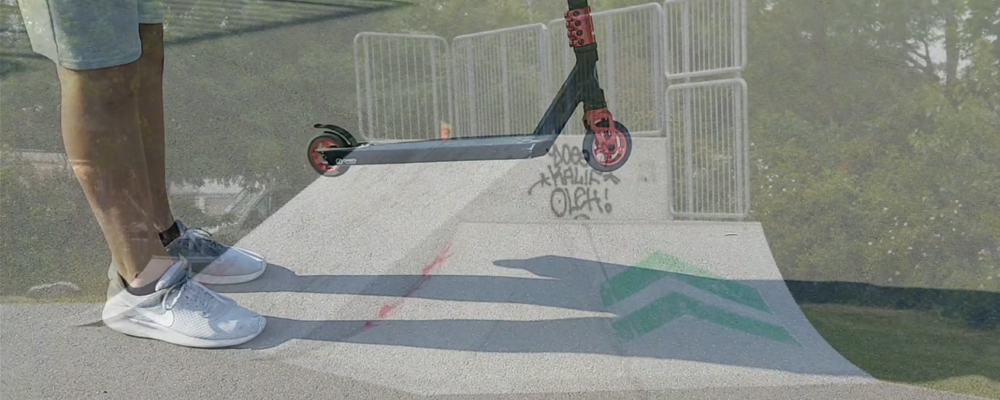
U!REKA Lab rolls out in five partner cities
U!REKA Lab rolls out in five partner cities
by Sandra Bos & the U!REKA Lab: Urban Commons Team
Across the U!REKA consortium, we partner in various ways to educate, shape and empower? the European professionals of tomorrow. One of our key joint programmes is the U!REKA Lab: Urban Commons, which kicked off its online curriculum earlier this year. This international and interdisciplinary blended learning and research project deals with urban commons and focuses on different co-creation initiatives in the participating U!REKA partner cities: Frankfurt, Helsinki, Ghent, Lisbon and Amsterdam.
What happens in the lab?
The hands-on nature of the lab implies that it is participatory, involving local ‘commoners’ in the process of knowledge creation. The overall goal is to compare different approaches and concrete examples in each U!REKA partner city to form a more holistic view of what urban commons and commoning could mean in the cities of the future: in areas such as social life and culture, mobility, elderly care, climate change and housing.
The lab is set up in two streams: education and research. The international education aspect consists of interdisciplinary blended learning through webinars and online forums. The research aspect will focus on setting up joint research projects by researchers and students that compare co-creation processes in the participating cities.
Operational progress in 2020
After several meetings and excursions in each other’s cities earlier this year, the joint online curriculum called Urban Commons: co-creation processes in European cities kicked off in January 2020. This consists of a number of screencasts and webinars from each university of applied sciences, which are being used as teaching material in existing lectures. Due to the different semester times (Helsinki starts first in early January and Frankfurt last in mid-April), this tool of interactive, online lectures offer the possibility to be used at the best possible time within the existing courses.
Each webinar consists of a number of fixed components, including an introduction of the city and university, commons theory and policy, as well and a separate webinar focusing on a specific local commons initiative. Required literature and assignments are part of the programme, with students creating videos of their field research and excursion to discover commoning initiatives in their local cities. The commons concept applies to many sectors and issues, so the U!REKA Lab can be integrated in lectures from various disciplines ranging from social work to urban governance, urban planning and housing, on both Bachelor and Master level.
At the end of May 2020, the first online international Urban Lab web conference U!RCommons Day was held, involving seven teachers and around 70 students from many different disciplines and partner-institutions in the consortium. The Lab was realised with help of the Frankfurt UAS E-Learning Support and received an additional grant as part of the E-Learning Initiative DigLL in Hessia/Germany.
In July an exhibition presenting the first student research projects of the U!REKA Lab: Urban Commons was shown in the Forum of the Deutsche Werkbund in Frankfurt and the first semester of the joint programme was evaluated.
Next steps
Looking forward, the project team is participating in the Erasmus+ virtual exchange advanced training course to gain the skills needed to further develop the programme.
